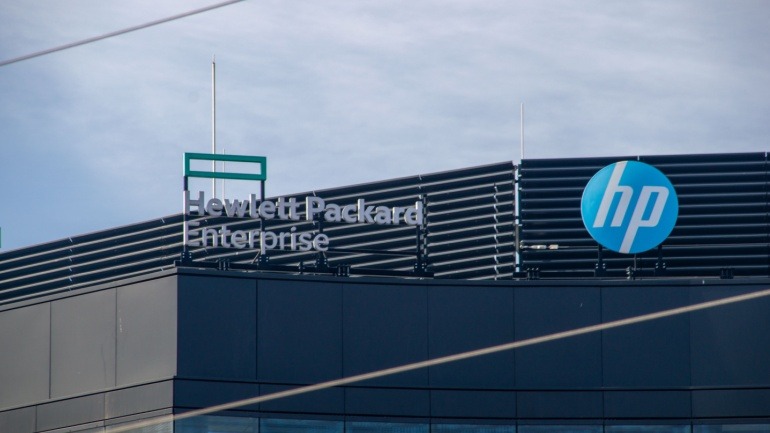IBM and Samsung are on the brink of securing a monumental £900 million contract for the UK’s Emergency Services Network (ESN). This significant move comes as the Home Office aims to upgrade and modernize the communication systems for police, fire, and ambulance services. The contract is a pivotal step in the ESN project, which has faced several delays and budget overshoots.
Interestingly, BT, which had been perceived as a favorite for this contract, has been sidelined. The British telecom giant, in collaboration with Italian firm Leonardo, remains without a share in this deal. Concerns over the dominance of multiple contracts awarded to BT in the past might have influenced this decision. Just last week, BT clinched a £1.29 billion deal for the ESN’s infrastructure, highlighting its continuing involvement in the project.
The ESN project has not been without its hurdles. A major setback was Motorola’s exit in 2022, following disputes over alleged overcharging. Since then, there has been a void in the provision of user services, contributing to further delays and cost hikes.
With the spotlight on IBM and Samsung, the pressure to deliver is immense. IBM’s reputation and capability will be under scrutiny as the company attempts to iron out the programme’s technical complexities. These include integrating commercial mobile networks with the crucial push-to-talk functionality indispensable for first responders. The contract marks a fresh chapter, yet it also brings the burden of overcoming longstanding issues that have chipped away at stakeholder confidence.
John Black, the ESN programme director and a former IBM executive, is tasked with overseeing this transitional phase. His leadership is crucial in ensuring a smooth transition to the new service providers.
A Home Office spokesperson stated, “All commercial contracts are procured in line with government rules which are designed to ensure the best value for taxpayers and fair competition.”







